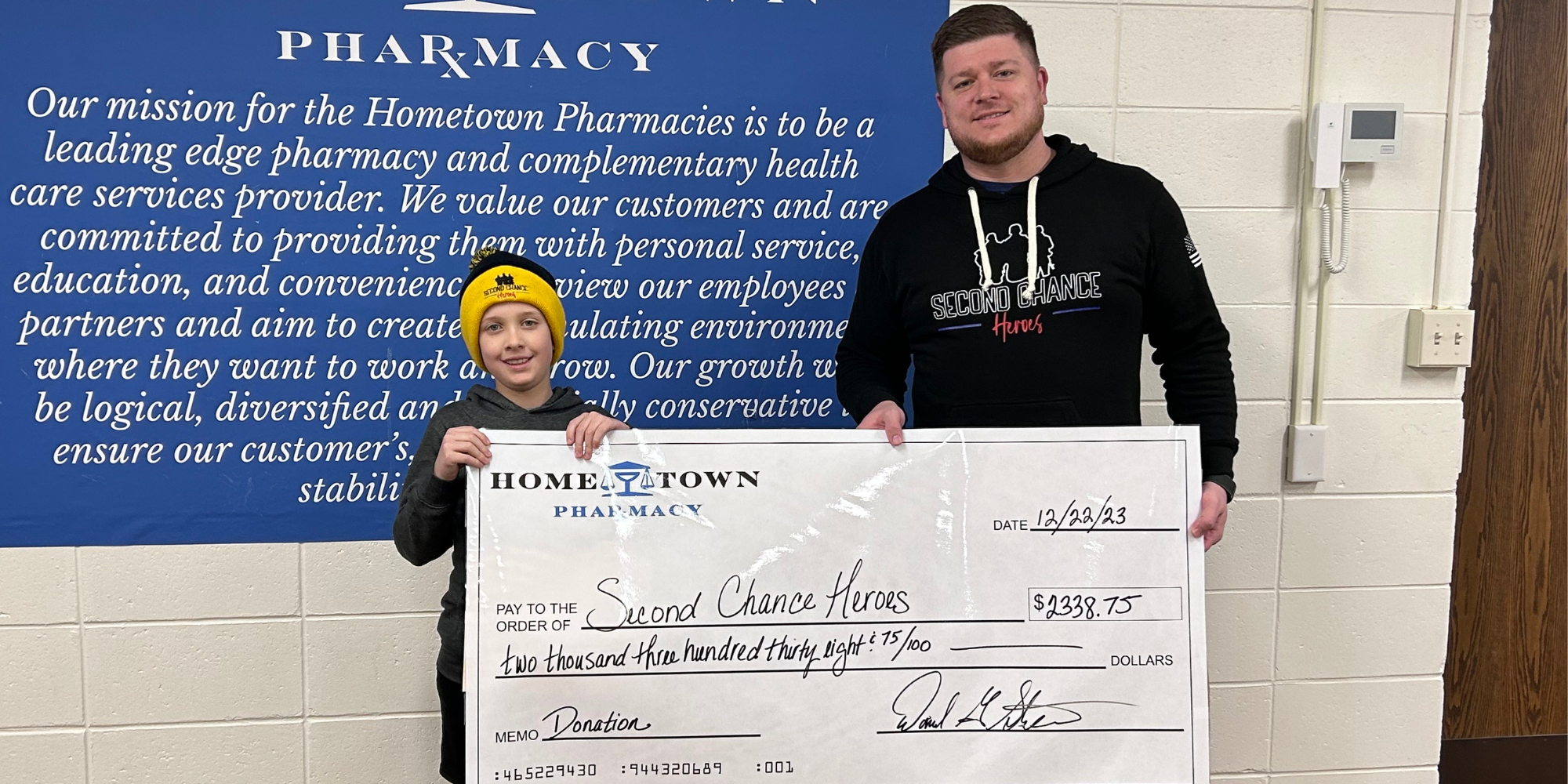.jpg?ext=.jpg)

Understanding Common Childhood Allergies and How to Manage Them
Childhood allergies are common, affecting millions of children around the world.
Allergies can range from mild to severe and can have a significant impact on a child's quality of life. In this post, we'll discuss some of the most common childhood allergies and offer tips for managing them.

Common Childhood Allergies
Some of the most common childhood allergies include:
Food Allergies - The most common food allergies in children include peanuts, tree nuts, milk, eggs, soy, wheat, fish, and shellfish.
Seasonal Allergies - Seasonal allergies are caused by pollen from trees, grasses, and weeds.
Animal Allergies - Allergies to pet dander, saliva, and urine are common in children.
Insect Sting Allergies - Some children may have an allergic reaction to insect stings, such as those from bees or wasps.

Managing Childhood Allergies
Managing childhood allergies can be challenging, but there are several steps parents can take to help their child feel more comfortable. Here are some tips:
Identify Triggers - Identifying the allergen that triggers your child's symptoms is the first step in managing their allergies. Allergy testing can help pinpoint the cause of your child's allergies.
Avoid Triggers - Once you know what triggers your child's allergies, it's important to avoid them as much as possible. For example, if your child has a peanut allergy, you should avoid giving them peanuts or foods that contain peanuts.
Medications - Over-the-counter medications like antihistamines, decongestants, and nasal sprays can help relieve allergy symptoms. Talk to your child's pediatrician before giving them any medication.
Immunotherapy - In some cases, immunotherapy may be recommended to help desensitize your child to certain allergens.
Emergency Plan - If your child has a severe allergy, it's important to have an emergency plan in place. This may include carrying an epinephrine auto-injector and knowing when to use it.

Preventing Childhood Allergies
While some childhood allergies cannot be prevented, there are steps parents can take to reduce their child's risk of developing allergies. Here are some tips:
Breastfeeding - Breastfeeding for at least six months may help reduce the risk of allergies in children.
Introduce Solid Foods Carefully - Introduce solid foods one at a time and wait a few days before introducing a new food.
Keep Pets Out of the Bedroom - If your child is allergic to pets, keep them out of the bedroom to minimize exposure.
Clean Regularly - Keeping your home clean and free of dust, mold, and other allergens can help reduce your child's risk of developing allergies.
Childhood allergies are common, but with proper management and prevention, parents can help their child feel more comfortable. By identifying triggers, avoiding allergens, using medications as directed, considering immunotherapy when appropriate, having an emergency plan in place, and taking steps to prevent allergies, parents can support their child's health and well-being.



.jpg?ext=.jpg)





Comments